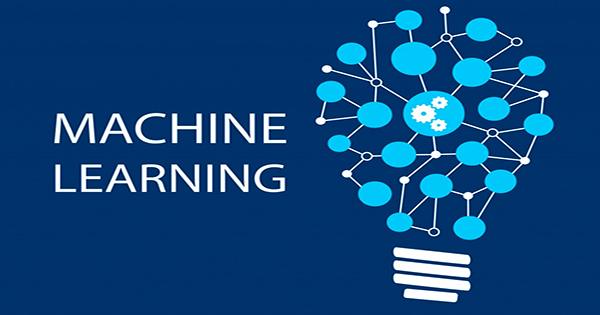I am having some difficulties this Friday afternoon. It is a bit difficult to understand if you are not in the United States. In summary, as the week concluded, certain flaws in our policing and judicial institutions erupted. As a result, today’s Exchange newsletter will be a little shorter than usual. Hug your loved ones and everyone else. — Alexander.
The DevOps industry is thriving and well funded. I ran into Opslyft the other day, for example. The startup, which is based in both India and the United States, is developing a single DevOps solution that pulls together technologies for the post-deployment side of software development.
It is an interesting startup, and I will probably write more about it when it announces a capital round. To use another recent example, GitLab, a pre-deployment DevOps solution, recently went public.
All of this is to suggest that DevOps tools developed by both large and small software organizations. In addition, the machine learning operations (MLOps) business is swiftly following example of its larger brother.
The recent Weights & Biases round, another capital event for an MLOps firm, was mentioned by TechCrunch, which reminded The Exchange that we recently looked at the recent Comet round, another capital event for an MLOps startup.
All of this comes up because we just spoke with Sapphire Ventures’ Jai Das to get more contexts for our story on AI funding patterns. During the talk, I mentioned AIOps and wondered whether it will become a third “Ops” area for us to keep an eye on. “MLOps is simply AIOps,” according to Das, so we may confine our thoughts to the two key categories. That again, AI and machine learning aren’t exactly the same thing — don’t get me wrong, I’m not arguing — so it’ll be fascinating to see if the two forms of labor can coexist in the same software basket.
Keeping with the AI theme, this morning we have a little more on the AI market for you. Anna has some thoughts to share, expanding on our recent post on artificial intelligence investment patterns throughout the world. She has some comments on where AI funding are currently being distributed, as well as how shifting definitions of what qualifies as “AI” might lead to a larger dollar footprint for startup activity:
While the regional discrepancy attracted our attention, we anticipate that as the definition and uses of AI grow, monies will spread more fairly. NotCo, a food tech firm, and Unico, a digital ID provider, for example, were the two newly minted Latin American AI unicorns in Q3, while a large round also went to Mexican loan business Kueski, which we label a fintech but is also AI-enabled.
If this is the new reality of AI, we should not be shocked to see more money going into firms that use it to solve real-world issues all across the world, including Latin America and Africa.
To wrap off our AI coverage until next week — if you live in Canada, we have something coming up that you’ll want to read — here’s a response from Point72 Ventures’ Sri Chandrasekar that arrived a little late for our last AI post, but that I wanted to publish nevertheless.
Here is what the investor had to say in response to our query on AI-focused company economics:
Most of the recent interest in AI, in my opinion, has been driven by the revenue growth of startups raising huge rounds. However, the rationale for the increase in income is straightforward: strong product demand and low labor participation. This is evident throughout Point72 Ventures’ vast tech portfolio.
AI has the potential to assist people, making them more productive, and in some circumstances, replacing them in jobs that are well-suited to automation, allowing them to focus on more strategic, value-added activities. Historically, there has been a lot of resistance to introducing automation, but when you cannot pay someone to answer a customer service request or man a desk, automation becomes a lot more appealing. We have been learning a lot about how macroeconomic situations might affect companies recently. The Great Resignation is increasing demand for AI software, while growing inflation is hurting insurtech profits.















